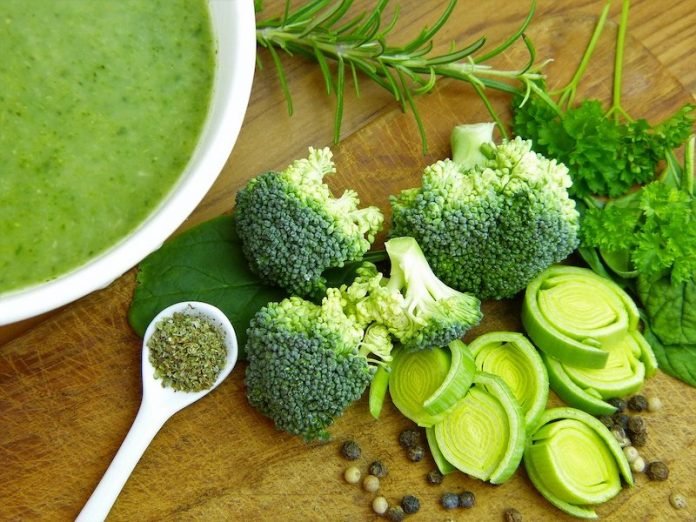
In a new study, researchers found some of our least favorite vegetables could be the most beneficial when it comes to preventing advanced blood vessel disease.
They found higher consumption of cruciferous vegetables, such as broccoli, Brussels sprouts, and cabbage, is linked to less extensive blood vessel disease in older women.
The research was conducted by a team at The University of Western Australia and elsewhere.
Blood vessel disease is a condition that affects our blood vessels (arteries and veins) and can reduce the flow of blood circulating around the body.
This reduction in blood flow can be due to the build-up of fatty, calcium deposits on the inner walls of our blood vessels, such as the aorta.
This build-up of fatty, calcium deposits is the leading cause of having a heart attack or stroke.
In the study, using data from a cohort of 684 older Western Australian women, the team found those with a diet high in cruciferous vegetables had a lower chance of having build-up of calcium on their aorta, a key marker for structural blood vessel disease.
Women who consumed more than 45g of cruciferous vegetables every day (e.g. ¼ cup of steamed broccoli or ½ cup of raw cabbage) were 46% less likely to have an extensive build-up of calcium on their aorta in comparison to those consuming little to no cruciferous vegetables every day.
The researchers say one particular constituent found abundantly in cruciferous vegetables is vitamin K which may be involved in inhibiting the calcification process that occurs in blood vessels.
That’s not to say the only vegetables we should be eating are broccoli, cabbage, and Brussels sprouts. People should be eating a wide variety of vegetables every day for overall good health and wellbeing.
One author of the study is Dr. Lauren Blekkenhorst.
The study is published in the British Journal of Nutrition.
Copyright © 2020 Knowridge Science Report. All rights reserved.



